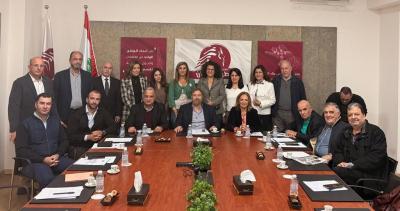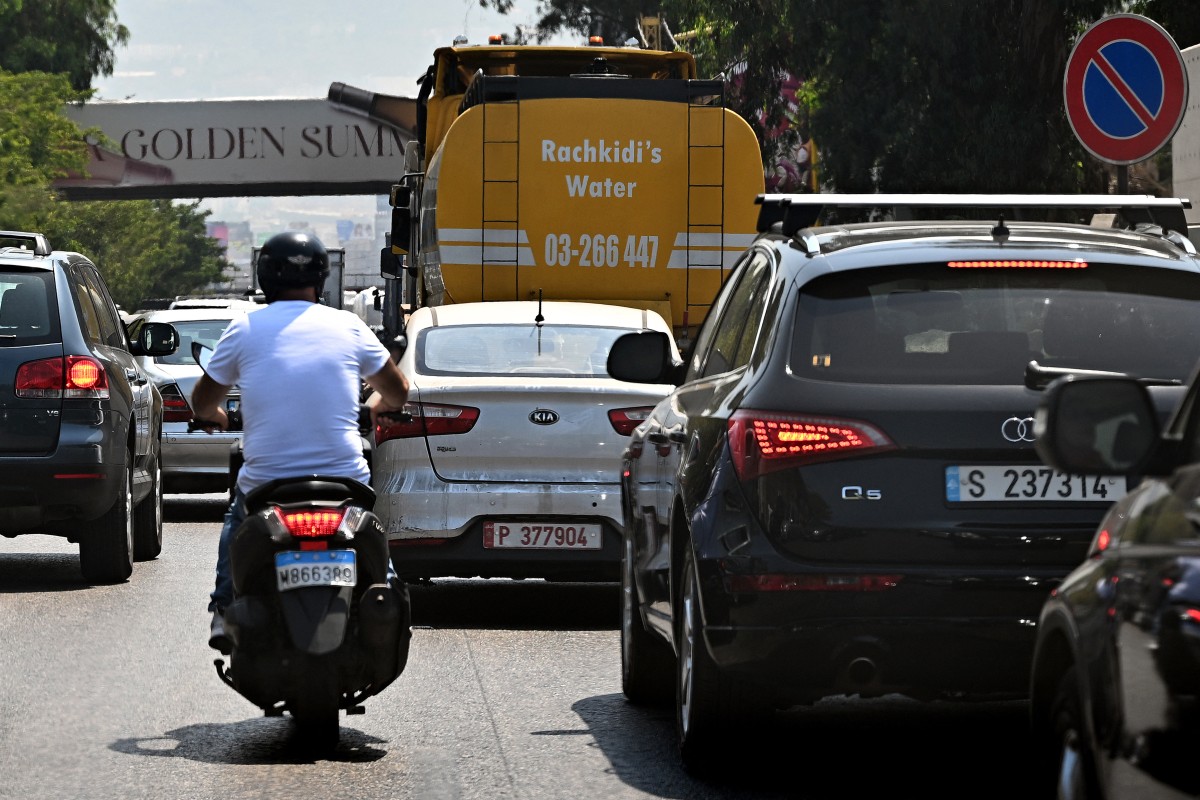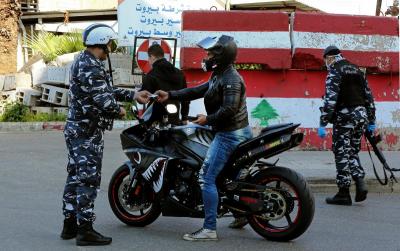For decades, the Jounieh Highway has been one of Lebanon’s busiest and most vital roads—so congested it earned the nickname “Road of Calvary.” Every day, more than 100,000 cars pass through this stretch, the main artery linking Beirut’s northern suburbs to the south. After years of delays and setbacks, the long-awaited expansion project is back on track, this time with firm promises to end a daily ordeal that has lasted for generations.
From 2005 to Today: A Long Path to Expansion
The idea of widening the highway dates back to 2005, when the government approved an expropriation decree worth $34 million. In 2019, bids were unsealed and the project was given a two-and-a-half-year timeline. But Lebanon’s financial collapse and the lira’s freefall froze all progress. Today, the plan has been revived with financing of about €47 million. The municipality of Jounieh has already begun removing illegal structures from Nahr el-Kalb tunnel to Tabarja junction. According to MP Saji Atieh, head of the Public Works, Energy, and Water Committee, construction will officially begin at the end of September and is expected to last anywhere from six months to three years.
What Does the Project Include?
- Widening the existing highway and removing encroachments.
- Tackling key choke points from Nahr el-Kalb tunnel to the Casino du Liban bridge.
- Plans to expand the coastal corniche to ease pressure on the main artery.
- Traffic management measures during construction, with potential night work to limit congestion.
The Challenges: Expropriations and Traffic During Construction
Despite secured funding, the biggest hurdles remain the long-disputed expropriations and illegal encroachments. There is also widespread concern that construction itself will worsen traffic in the short term, requiring tight coordination between the Ministry of Public Works and the Council for Development and Reconstruction.
Urban planning and transport expert Dr. Rami Nassif told Al-Safa News: “Expanding the Jounieh Highway will provide short-term relief, but it is not a strategic, long-term solution. What Lebanon really needs is an alternative transport network, including a coastal highway from Tabarja to ATCL, as well as the revival of public transport and railway projects.”
Foreign Investment in Transport: Missed Opportunities
In recent years, foreign companies have expressed interest in Lebanon’s infrastructure sector. French and Chinese firms proposed building coastal highways under public-private partnership (PPP) models, while other offers included reviving the Beirut–Tripoli railway line. But political and financial instability blocked these opportunities.
Conclusion
After years of waiting, the expansion of the Jounieh Highway finally seems set to move forward. Hopes are pinned on turning this gridlocked “bottleneck” into an economic and social lifeline. Yet success depends on sound planning, meeting deadlines, and ensuring the project is a step toward sustainable transport solutions—not just another temporary fix for a decades-old crisis.
Please post your comments on:
[email protected]
 Politics
Politics













